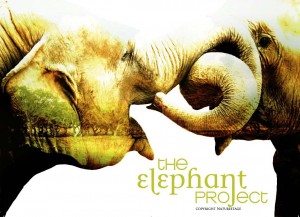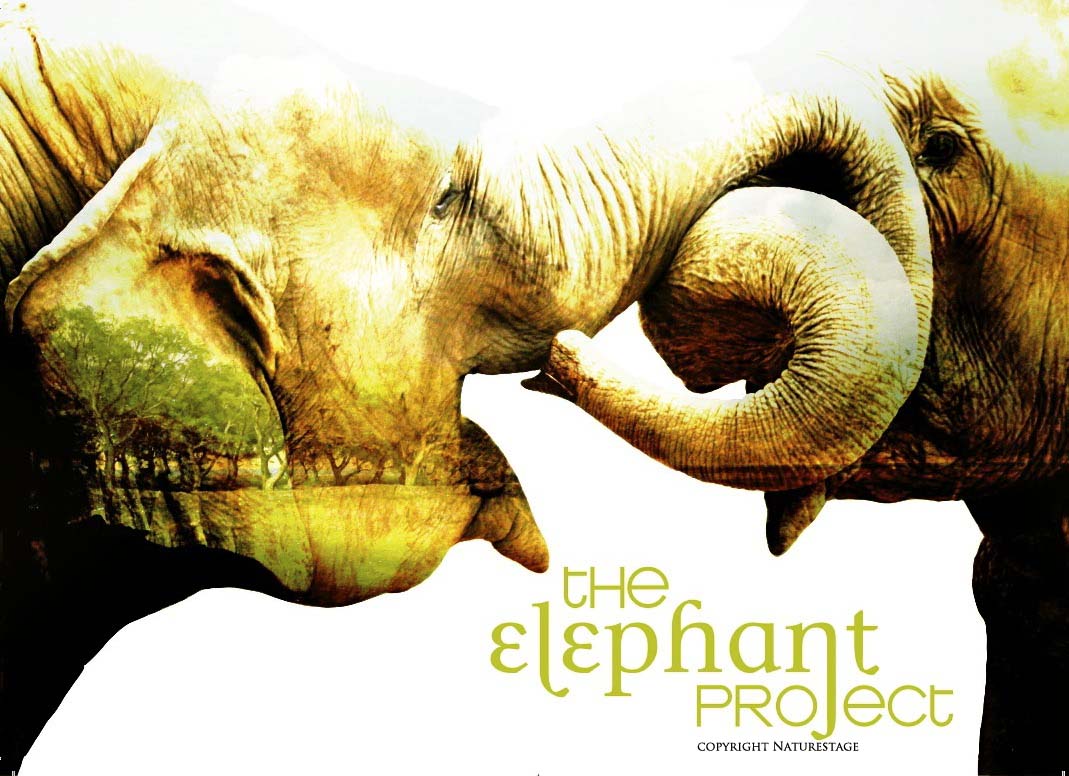If you want to see an elephant, chances are you’ll end up at a circus or a zoo. However, if you want to truly see how elephants behave in the wild, you don’t need to search very hard. Elephants are quite similar to humans.
“Elephants, like us, cry in grief,” Miranda Loud, classical musician, documentary filmmaker, and founder of NatureStage (a non-profit arts organization for animals) said at her live, multimedia lecture Thursday night in the Kenmore Class Building.

There’s no doubt that elephants are among the more intelligent species of the animal kingdom. They, like chimpanzees and dolphins, exhibit a wide variety of behaviors, including those associated with grief, learning, mimicry, art, play, humor, compassion, memory, and altruism. It’s a shame that such complex creatures as elephants face extinction due to poaching.
Loud challenges the public to rethink sustainability and animal preservation to help protect elephants from hunters and other humans. Do we really want to be on a planet without these elephants? She humored listeners at the lecture with her question “Don’t all alphabet books have the letter E for elephant?”
The problem is not only poaching. Loud believes that elephants recognize captivity, danger, and exploitation. When an elephant is incarcerated, as in a zoo or circus, they are aware of their condition. Strangely enough, elephants also have to be taught to become elephants. The problem, then, is that elephants in captivity do not always pick up on vital elephant skills. For the most part, elephants that live in zoos live in unnatural environments, under physical and psychological conditions that are not quite the same as those in the wild.
Loud spoke of an elephant that gave birth in a zoo. The mother later suffocated the calf because she did not know how to take care of it. The elephant had no maternal intuition, a trait that is often passed down from other elephants.
Loud has plenty of sad stories about elephants, but that doesn’t mean that we are only left with tears. Empathy is what Loud wants us to understand. Throughout her lecture, she deftly transposed elephant emotion into human emotion.
However, the spark of the lecture came toward the end, when Loud introduced her new project, The Elephant Project. The Elephant Project is an art-based, transcontinental online curriculum for high school students. It is essentially a viral platform for students around the world to share ideas about elephants and other animal species. It begins with twenty short films viewable online. Students can respond to the videos as homework either in an artistic or written form. Her hope is that the arts can help nurture children and adults to become more emotionally connected with elephants and other animal species.
The idea is pragmatic and smart. Instead of busily protesting, Loud is content on sharing her unrequited love for elephants with high school students. She is aiming at the heart.
If you are interested about elephants, animal preservation, or global awareness, you can reach Miranda Loud through either her NatureStage or personal website.


I’ve grown to love elephants after traveling with them in a circus 3 decades ago. Beautiful, kind animals, who endure, among other injustices, many hours at a time in circus train cars. They should not have to experience violence to do circus tricks, or live so dismally. They are families, and want to be together, in their own habitat. I hope this article recruits many students to the plight of elephants, because students bring great change.